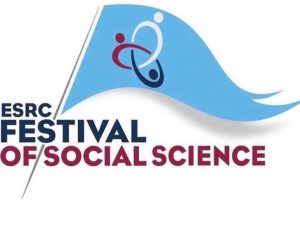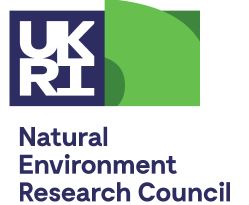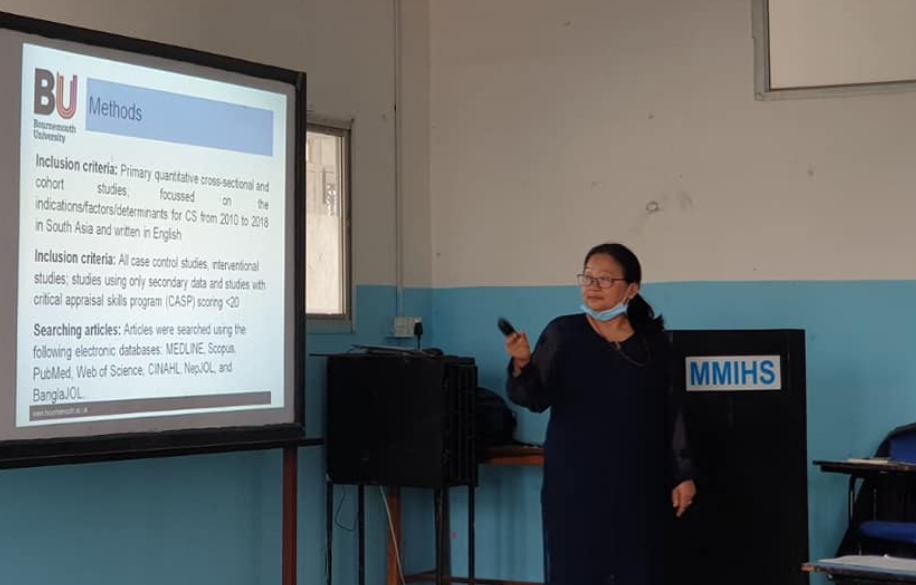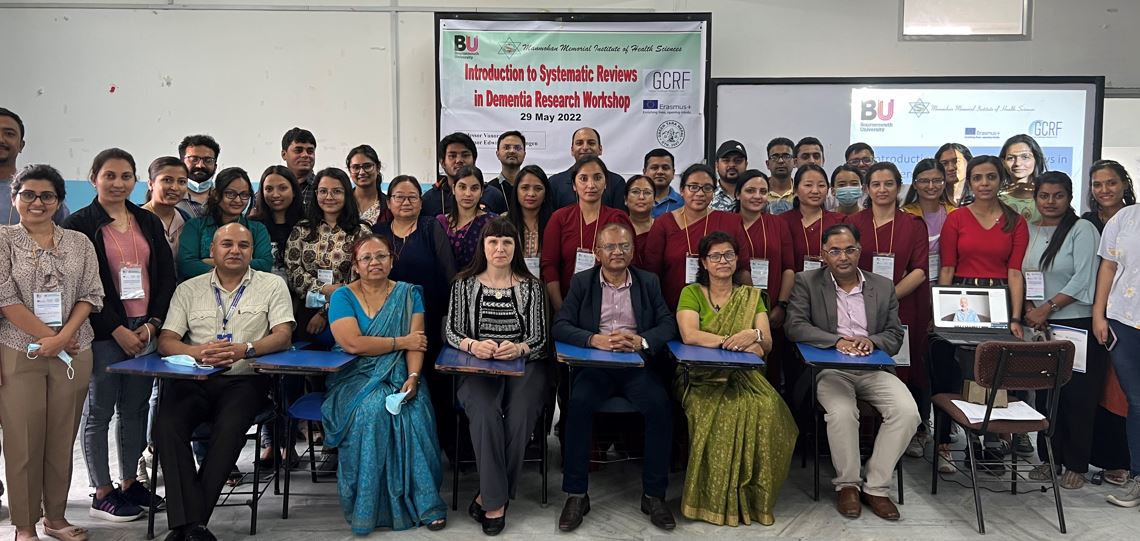
The Month in Research
The Month in Research is our monthly round-up sharing research and knowledge exchange successes from across the previous month, showcasing the amazing work taking place across BU.
Your achievements
Thank you to everyone who has used the online form to put forward their achievements, or those of colleagues, this month.
- Dr Luciana Esteves (Faculty of Science and Technology) is part of a team of coastal scientists, artists and educators who worked on the writing/production of Coasts for Kids, a series of videos narrated by 6-8 year old children about coastal processes. Coasts for Kids won 1st place at the Climate Creatives Challenge #04 (Coastal Change), which received submissions from 56 countries. A video about the challenge and the winning entries can be found here: https://youtu.be/7fWiRj8pq48
Funding
Congratulations to all those who have had funding for research and knowledge exchange projects and activities awarded in January. Highlights include:
- Professor Janice Denegri-Knott (Faculty of Media and Communication) has been awarded c.£200,000 by Horizon Europe: Marie Skłodowska-Curie Actions for their project Mapping the full scope of consumer engagement on social media
- Dr Richard Wallis (Faculty of Media and Communication) has been awarded c.£111,000 by the British Academy for their project Supportive offboarding: Developing new practices to support sustainable freelance careers in TV
- Dr Anna Metzger (Faculty of Science and Technology) has been awarded c.£70,000 by the Royal Society for their project Perception of objects’ 3D shape – from active sensing to multisensory representations
- Dr Simant Prakoonwit (Faculty of Science and Technology) has been awarded c.£35,000 by Innovate UK for their project Artificial Intelligence Content Moderation project
Publications
Congratulations to all those who have had work published across the last month. Below is a selection of publications from throughout February:
- Al Balushi, H., Watts, H.and Akudjedu, T. N., 2024. Research and evidence-based practice in clinical radiography: A systematic review of barriers and recommendations for a new direction. Radiography, 30 (2), 538-559.
- Yang, K., McErlain-Naylor, S. A., Isaia, B., Callaway, A.and Beeby, S., 2024. E-Textiles for Sports and Fitness Sensing: Current State, Challenges, and Future Opportunities. Sensors, 24 (4), 1058.
- Bird, E., Wiener, J.and Attard-Johnson, J., 2024. The Efficacy of the Self-Administered Interview in Minimising the Misinformation Effect. Applied Cognitive Psychology, 38 (1), e4179.
- Hamidi, A., Regmi, P.and van Teijlingen, E., 2024. Islamic perspectives on HIV: a scoping review. Discover Social Science and Health, 4, 6.
- Jones, E-A., Paige, L., Smith, A., Worth, A., Betts, L.and Stafford, R., 2024. Potential for Carbon Credits from Conservation Management: Price and Potential for Multi-Habitat Nature-Based Carbon Sequestration in Dorset, UK. Sustainability, 16, 1268.
Content for The Month in Research has been collected using the research and knowledge exchange database (RED), the Bournemouth University Research Online (BURO) repository and submissions via The Month in Research online form. It is by no means intended to be an exhaustive list. All information is correct as of 28.2.24.
Please use The Month in Research online form to share your highlights and achievements, or those of colleagues, for the next monthly round-up.

 What is the ESRC Festival of Social Science?
What is the ESRC Festival of Social Science?
 The measures will only come into force if the UK is unable to associate to Horizon Europe and will ensure that there is no funding gap. The UK government remains committed to a strong research collaboration with Europe and has reiterated that association remains its preferred outcome. The UK Government is ready to formalise association to EU programmes at the earliest opportunity.
The measures will only come into force if the UK is unable to associate to Horizon Europe and will ensure that there is no funding gap. The UK government remains committed to a strong research collaboration with Europe and has reiterated that association remains its preferred outcome. The UK Government is ready to formalise association to EU programmes at the earliest opportunity. To finish this update and the whole academic year on an optimistic note, I am glad to tell you that in July 2022 BU academics have been awarded two Horizon Europe collaborative grants. This is amazing – congratulations!
To finish this update and the whole academic year on an optimistic note, I am glad to tell you that in July 2022 BU academics have been awarded two Horizon Europe collaborative grants. This is amazing – congratulations!















 REF Code of Practice consultation is open!
REF Code of Practice consultation is open! BU Leads AI-Driven Work Package in EU Horizon SUSHEAS Project
BU Leads AI-Driven Work Package in EU Horizon SUSHEAS Project Evidence Synthesis Centre open at Kathmandu University
Evidence Synthesis Centre open at Kathmandu University Expand Your Impact: Collaboration and Networking Workshops for Researchers
Expand Your Impact: Collaboration and Networking Workshops for Researchers ECR Funding Open Call: Research Culture & Community Grant – Apply now
ECR Funding Open Call: Research Culture & Community Grant – Apply now ECR Funding Open Call: Research Culture & Community Grant – Application Deadline Friday 12 December
ECR Funding Open Call: Research Culture & Community Grant – Application Deadline Friday 12 December MSCA Postdoctoral Fellowships 2025 Call
MSCA Postdoctoral Fellowships 2025 Call ERC Advanced Grant 2025 Webinar
ERC Advanced Grant 2025 Webinar Update on UKRO services
Update on UKRO services European research project exploring use of ‘virtual twins’ to better manage metabolic associated fatty liver disease
European research project exploring use of ‘virtual twins’ to better manage metabolic associated fatty liver disease